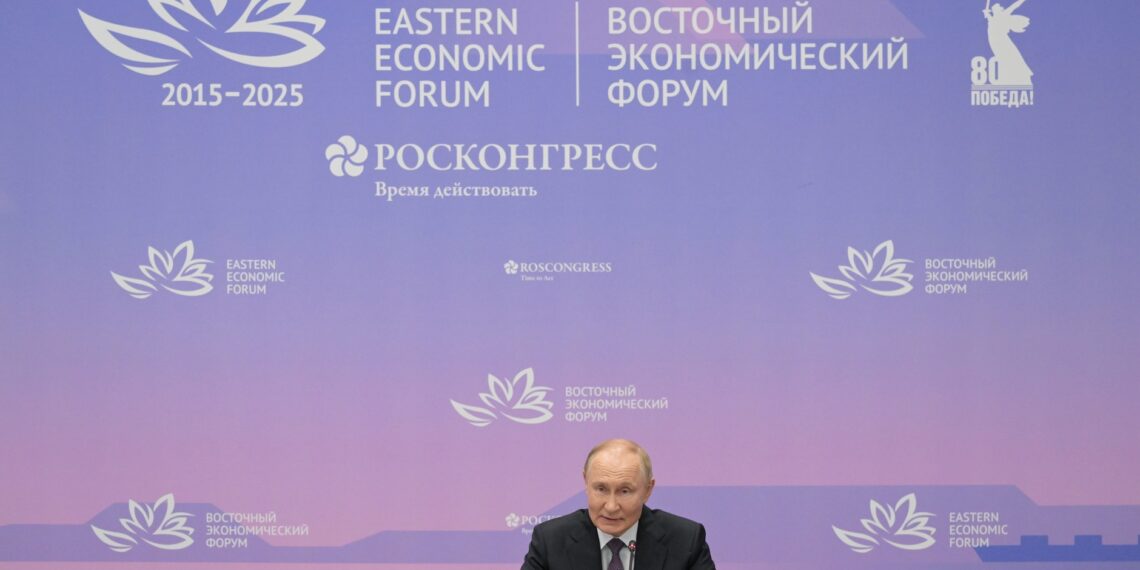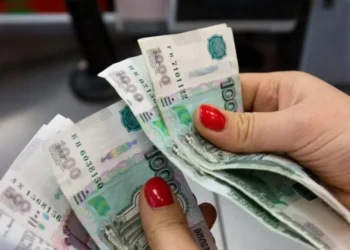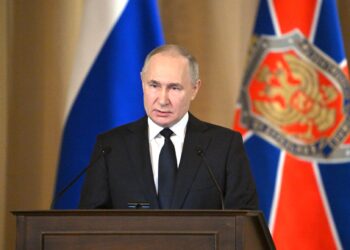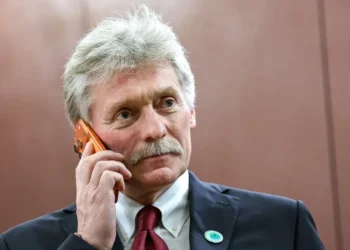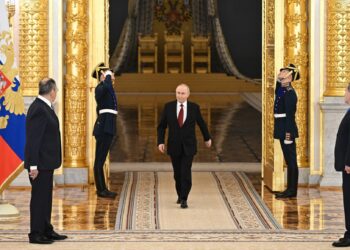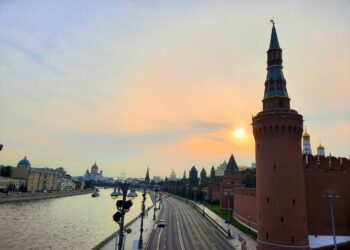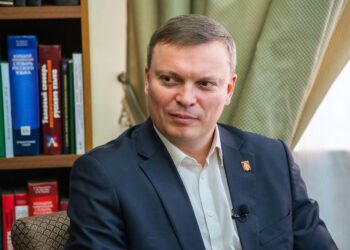VLADIVOSTOK (Realist English). Russian President Vladimir Putin chaired a meeting on Thursday dedicated to the development of the fuel and energy sector in the Far Eastern Federal District, stressing the strategic importance of securing the region’s long-term energy needs.
Speaking on the eve of the Eastern Economic Forum, Putin noted that the Far East is developing at an accelerated pace, with new industrial and infrastructure facilities “fundamentally transforming the district’s economy and social sphere.” He cited the recent opening of the multimodal logistics center in Artyom, the new terminal at Khabarovsk International Airport, and the first building of the Innovation Science and Technology Center.
Putin underscored that ensuring reliable energy supplies is central to sustaining this growth. He said demand for natural gas in the Far East is projected to rise sharply in the coming years, making stable gas supply “a top priority.” The South Kirinskoye offshore field on Sakhalin, he noted, is expected to become a key source.
At the same time, the president called for assessing the potential expansion of coal-based power generation, stressing the vast reserves in the region — “up to 900 years of supply” — while insisting on modern technology and strict environmental standards.
Electricity consumption in the Far East has grown by 28 percent over the past decade, double the national average, Putin said. While shortages are not imminent, aging infrastructure and reliance on isolated energy systems require modernization and new capacity. Hydropower, he emphasized, remains an underutilized but environmentally friendly resource that could bring “comprehensive benefits” from flood prevention to reliable water supply.
Putin also highlighted the development of nuclear energy in the region, pointing to planned construction of the Primorsk and Khabarovsk nuclear plants, small-scale projects in Yakutia and Chukotka, and a floating nuclear station to power the Baimsk mining complex. He called nuclear projects “green energy” due to their near-zero carbon footprint.
The president stressed the need for proactive investment in grid infrastructure to prevent bottlenecks. “We cannot wait until the system falls into a state of emergency,” he said.
Putin concluded by instructing ministries and companies to present updated plans for power generation, hydro and nuclear projects, and grid renewal as part of the energy development program through 2050.


